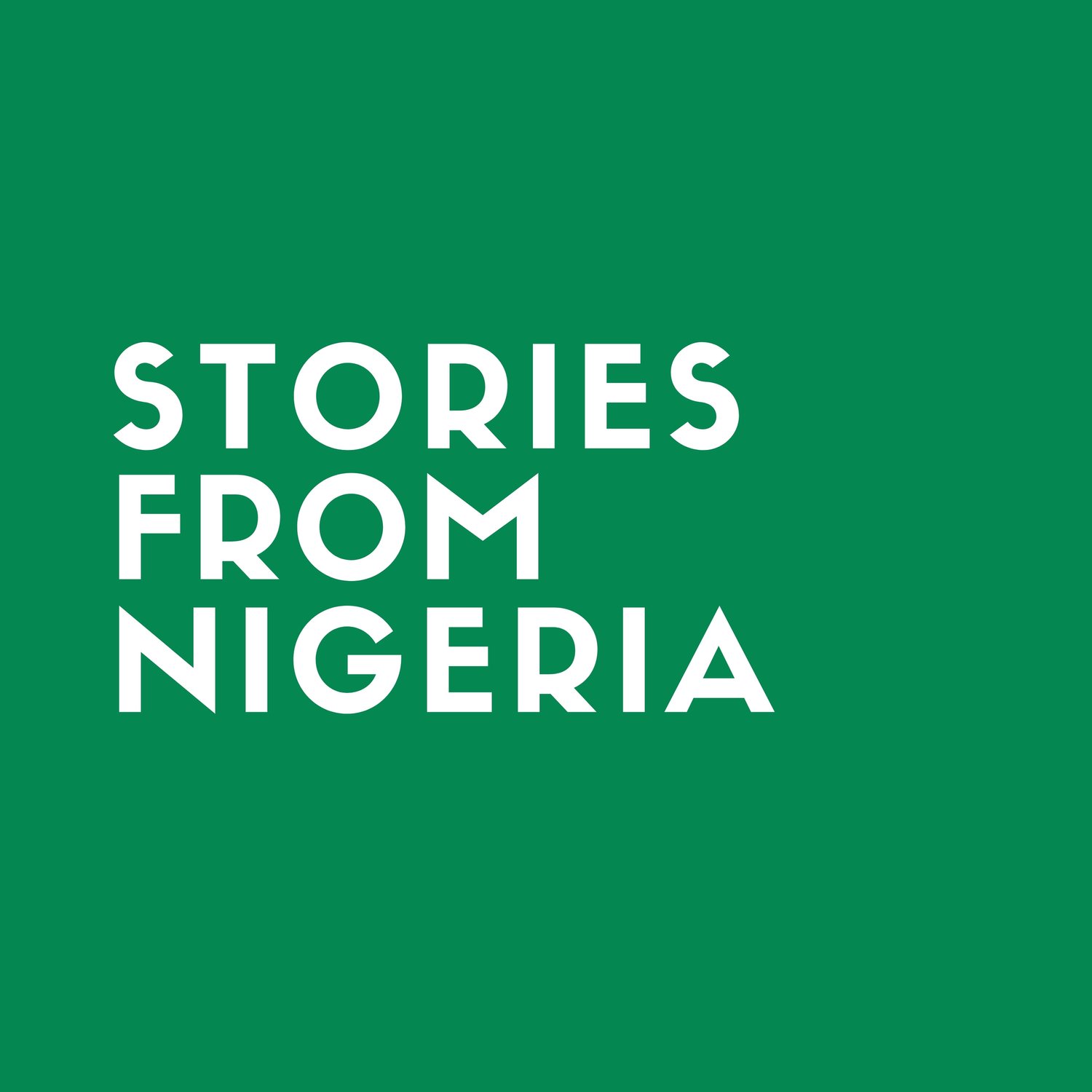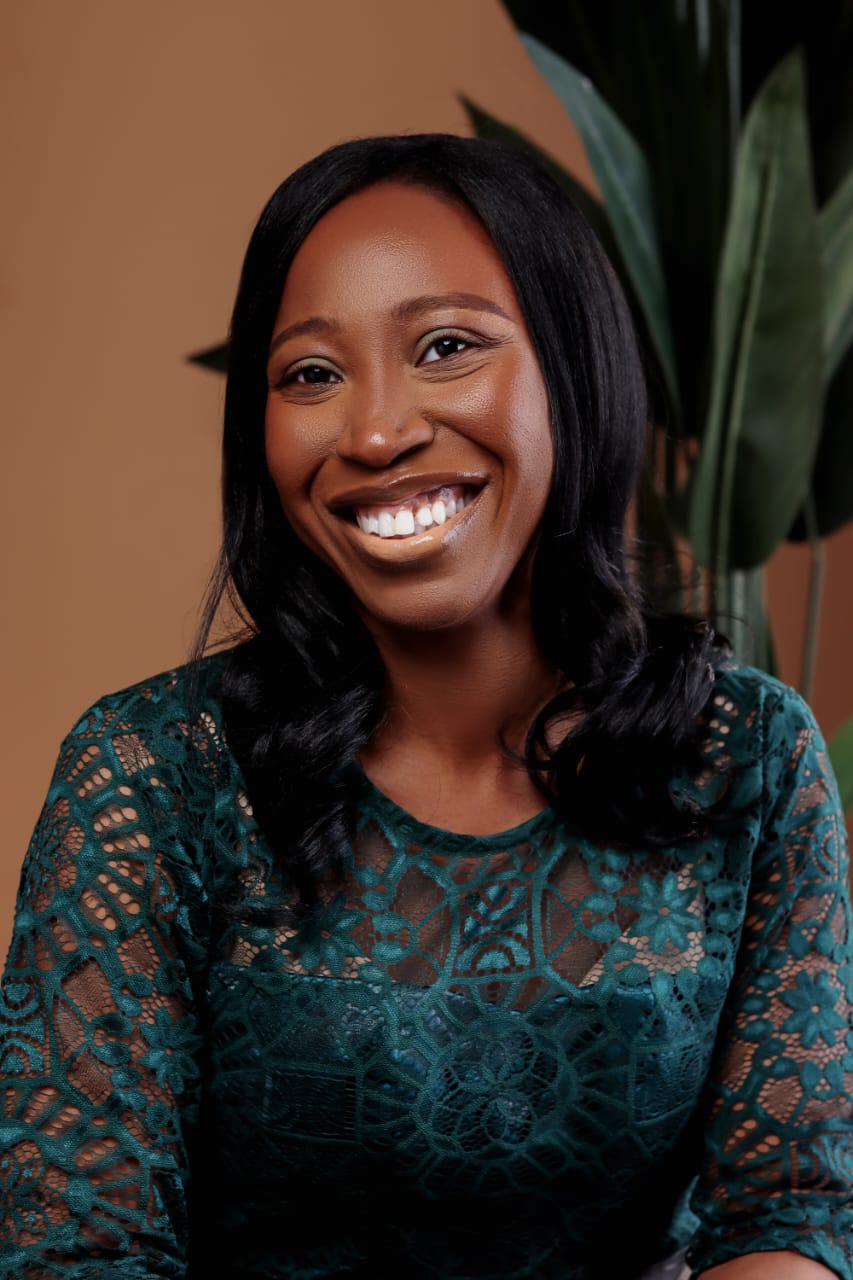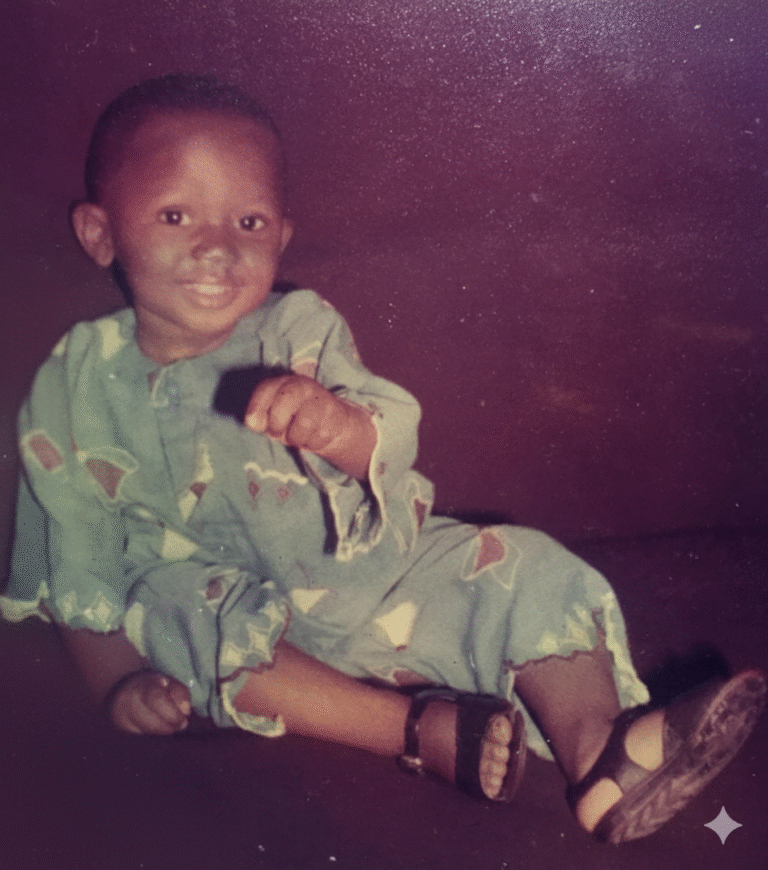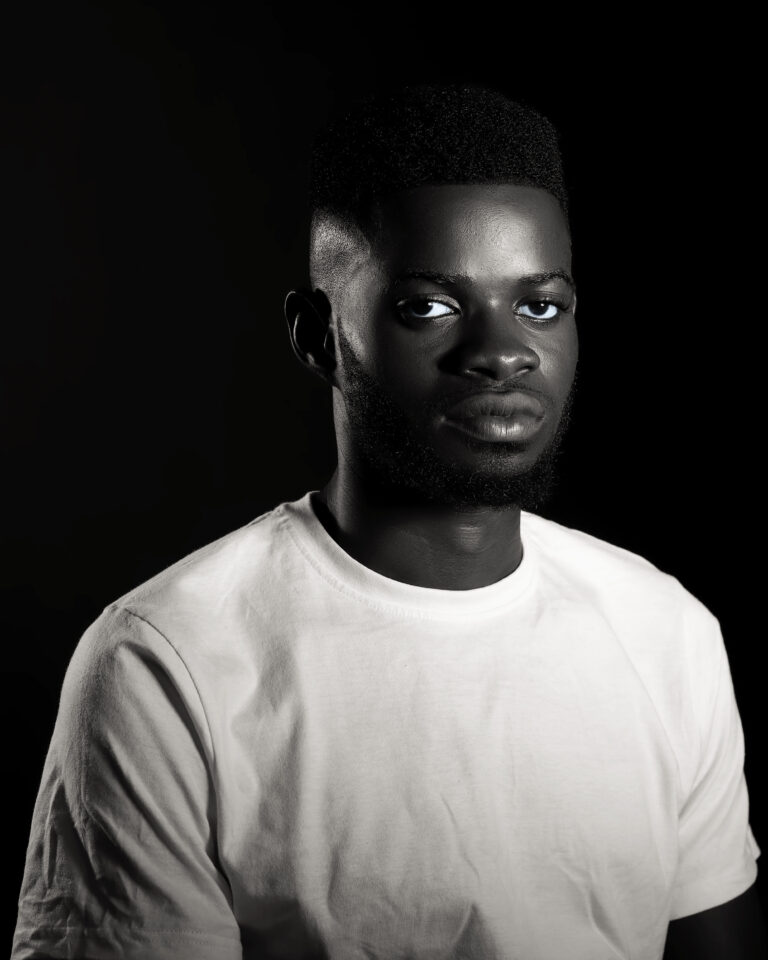The jaws of the panel of interviewers literally went slack as I walked in. The silence filled the university interview room and I was getting uncomfortable until one of them spoke. “You’re really smart,” said in a patronizing tone, “but you shouldn’t come here because this school is not meant for people like you. People like you would not survive here”. Another professor leaned forward with a pitying look and said to me “you won’t last a semester here”. I looked him straight in the eyes and responded “you will watch me graduate, you will watch me last five years here”. I could imagine him thinking to himself, “who is this child?”
But this moment didn’t break me because I had been prepared for it. My parents did a phenomenal job. They gave me everything they could and more to ensure I live a life of agency. I took it for granted and believed it was normal, “this was what everybody got”. I always thought like this until I became a teenager and people started to question my right to exist.
My dad had realized that my privileged life was getting to my head, and he wanted to give me a bit of a reality check. “I am sending you to a Lagos state public boarding school.” I was in a private day school, a “boujee” school, but my dad wanted me to realize that there are two sides to life. It felt like a movie, and my father was not backing down.
Getting to the school for the first time, I saw people stare at me. They stared to the point of me almost falling down. This was the first time it occurred to me that my existence in certain spaces was not the norm. I could hear their silent questions “Who is she?” “Why is she here?”.
The good thing with teenagers however is that they adapt quickly. They got the message, “she’s not leaving, she’s here to stay”. They got over it and it wasn’t too bad afterwards. I mean they were curious, they asked questions but this was my baptism of fire into this life of agency as someone born with cerebral palsy (CP).
I met my best friend in this school. She always says that the reason she has a law degree today is because she became my friend.
At 14, I had a five year plan and my five year plan had a backup plan. Those were the kinds of things I learnt in my private secondary school. I knew I was going to finish secondary school at 16, get into the university at 17, it would take me five years to study law, graduate at 22, go to law school at 23 then complete my youth service at 24.
She’d look at me and wonder where I got my audacity from “How are you sure?” she’d ask. I knew all I had to do was to keep my head down, study and get good grades. She said at this point, she started asking herself “who are the people raising this girl, I need to become her friend. Whatever they are doing in their house is giving her the audacity to think like this. I want it, I’d follow you.I want to have a different life from the one I am being raised in. I need to expose myself to a different reality”. She just tied herself to my back leg and said wherever you go, I go.
She was coming from an environment where she was told that girls don’t need to go to university, just find a man. But here I was talking about getting a masters degree at 26 and she is looking at me like “are we not both girls? What’s going on?
This was the first time I understood the power of privilege and exposure and how it shapes who we become. You cannot aspire to what you have not seen. It was easy for me to aspire to be a lawyer because my brother was already in medical school. It was not even aspirational in my house, it was normal. But I realized it wasn’t normal to everyone.
My friends have always said that the worst thing you can do to yourself is to tell Tobiloba that she can’t do something. “Tobiloba will do it twice and keep receipts.” Me hearing that I wouldn’t last a semester in the University became all the reason I needed to graduate.
It was also because the word “can’t” was never allowed in my house. “What do you mean you can’t?” was my mother’s reaction when you mistakenly say “Mommy, I can’t”. She gives you the look of “I dare you to finish that sentence”. Even when I would tell her “I can’t carry xyz”, she would say in Yoruba which loosely translates as “your muscles are impaired, but your brain is not. Use your brain to figure out how to get this done”. I was raised with such a possibility, nothing was impossible. Who are you in Mrs Ajayi’s house to say you cannot do something?
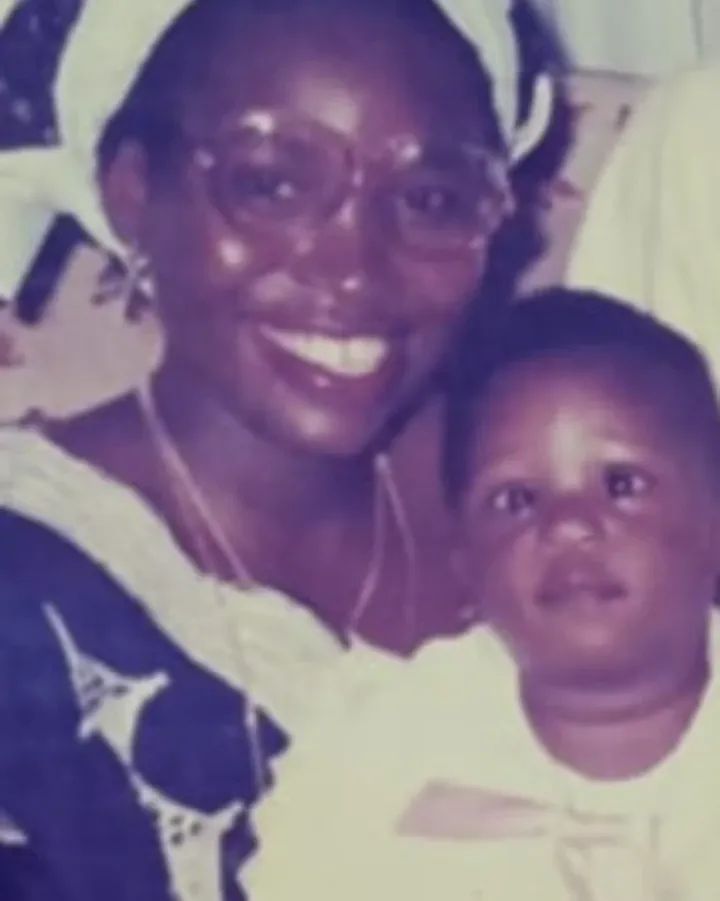
When you grow up this way, you grow up with such a mindset and are wired to create solutions. My limitations are there but they cannot be my excuse. They cannot be my ceiling. It’s not because I won’t acknowledge them, but they can’t just be the reason I won’t do anything. It becomes the reason I find a different way to get it done. The kind of thinking my both parents had positioned my mind for the future even as a child.
I was unsure but expectant of what life in the university would be like for me. That interview scene I described earlier was just the beginning.
I understood what the professor meant after I secured the admission and had resumed in the Faculty of Law. Fellow students would come out of their hostels and line the streets to stare as I walked to the hostel gate. I understood this professor, I was a major anomaly. In the culture of the state my university was in, infanticide was the sane solution for children like me who were seen as burdens too heavy to bear.
But five years later, after defying all the odds and proving the professor wrong, I graduated. The first thing I did with my law degree was to be part of the people who drafted what is now the Lagos State Special Persons Law and the Prohibition against discrimination for People With Disabilities Act. And according to my plan, I got my masters in 2013.
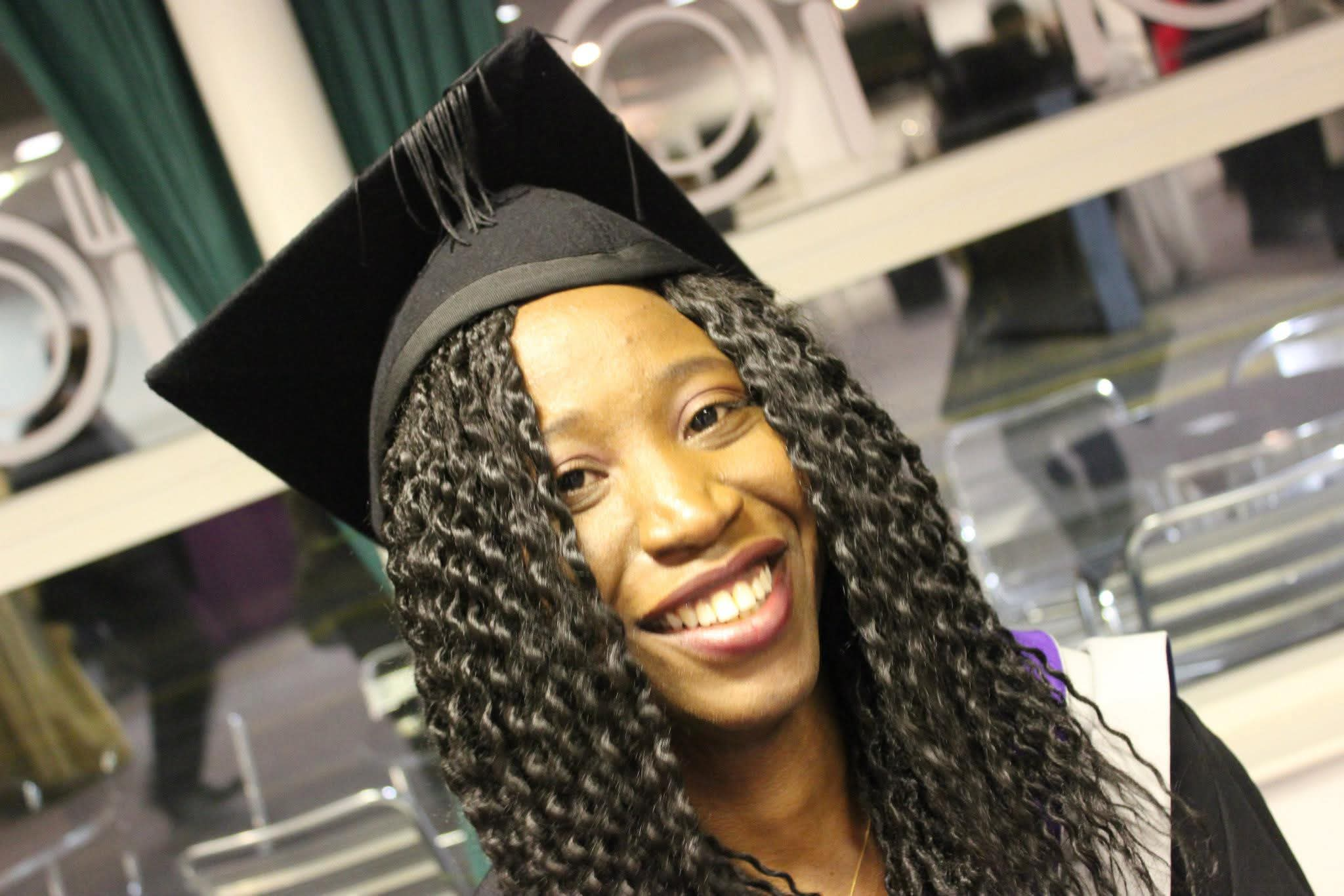
Something strange happened after I got my masters. I realized a lot of people were adding me up on Facebook. I was wondering how these doctors knew who I was. It was later that my brother’s wife, who was his girlfriend in school, gave me the gist.
“Let me tell you why a lot of our classmates are following you. One day in 600 level, we were in a public health class and the lecturer was teaching about neurodevelopmental disabilities. They posited that cerebral palsy is an intellectual disability and your brother blurts out that is a lie!” He said it in a way that everyone turned to look at him and the lecturer noticed.
“On the basis of what you get to question me,” the lecturer said.
My brother says, “sorry but I have a younger sister who has cerebral palsy. Currently she is 15 and in an age appropriate class doing great. This is why cerebral palsy cannot be an intellectual disability. I mean I live with her in the same house and I see her everyday. Yes my sister cannot walk and she has her eyes crossed. You can say all this is true about her but you see the intellectual disability, that is false. Her IQ is dragging with mine.”
Fast forward he posts me on his timeline and all his classmates remembered. That’s the girl, that’s the girl you were talking about. As God will have it, I had just completed my masters in International law, so more for them to grapple with.
In 2016, I was part of the Mandela Washington Fellowship. We did something called the Fellow Impact Stories. For each person in the fellowship, a video was recorded, edited and uploaded to YouTube. I shared it on Facebook and for some weird reason that I would not understand, it went viral. I mean 2016 viral. 4,000 views in 24 hours.
My inbox was blowing up and the biggest question I was getting was “where did you go to school?” “How did you go to school?” “I want my child to go to school but all the schools are rejecting my child”.
It was at this point I realized access to inclusive education was not democratized. It was education that saved my life and I’m like “how are we not allowing children access to education?”
A problem shared is half solved we usually say but I usually disagree. A problem shared with the right people is, but when shared with the wrong people it is compounded. I saw the problem in the responses and my mind was taken to the root cause. By the time I got the same complaint from like 10 people, I got evidence that this was actually a real problem.
So I said, who are the stakeholders here, number one the teachers. I had a few teacher friends and I said to them, “people have an indictment against you”. My friends were honest and brutal, they said to me we love you but would the schools listen to you? The parents will remove their children, they said. The economics dictates that instead of losing 10 kids, let that one child who doesn’t fit in out and keep your 10.
I then reached out to school owners asking the same question: why are “my children” not able to access school? They corroborated what the teachers had said. One said, in my own school, no parent dictates who I admit or don’t admit but I would struggle to admit children like you because I am not sure what my teachers would do with a child like that. I would not feel good to admit a child and collect school fees if I’m not sure we can teach the child.
I saw the things we needed to fix; public perception, stigma, and teacher training. In conversation with parents, I figured we needed to also fix diagnostics. Too many medical professionals were clueless in my opinion. I had gone to like 5 hospitals and all they told me was that I needed physiotherapy. I wasn’t an expert in the medical aspect of it but I decided to focus on the one I could do, teacher training. I knew how to shape public perception and I won’t even need to argue as the lawyer that I was.
When I initially started to train teachers, imposter syndrome hit me. In my head I thought, who is going to listen to me? One thing it didn’t stop me from doing was to continue talking to my teacher friends. It felt more like I was ranting to them at first. I kept at it and soon enough they all started mentioning my name among their teacher circles.
I had just started using social media for advocacy. The hashtag #Letcpkidslearn, which I used for my posts about accessible and inclusive education, soon became the name of my organization. I was constantly writing and after a while it caught the eye of a lady I wanted to collaborate with. I hesitated because I was shy. But by providence, she reached out to me and said Tobi let’s talk.
She was in the process of obtaining a PhD in curriculum theory. She had been an inclusive educator for decades, so she said to me, girl let’s do this. She added, “you want to do teacher training on cerebral palsy, I don’t have that competence. I don’t know about cerebral palsy that well, but I know teachers and I can get teachers. Go and do the training curriculum and let me review it.” So I put together the training content and went back to her. She took a look and said, wow! You are a teacher indeed, let’s do this.
We’ve been training teachers since 2017 and are at the 15th Lagos edition of the teacher training. So far we have trained over a thousand teachers. When we first started, I leveraged people I already knew in the education space who put out the word in teachers forums and attracted the first set of teachers. But over time like they say, a good product will sell itself and that is how we are getting more teachers registered for the training. To the point where I’d finish a training and they’ll already be asking when the next one is. It is usually a 10 hour class by the way and they are sitting for it all through. The training comes at an affordable cost to cater for the welfare of the teachers. It’s not a profit making venture but a knowledge sharing venture.
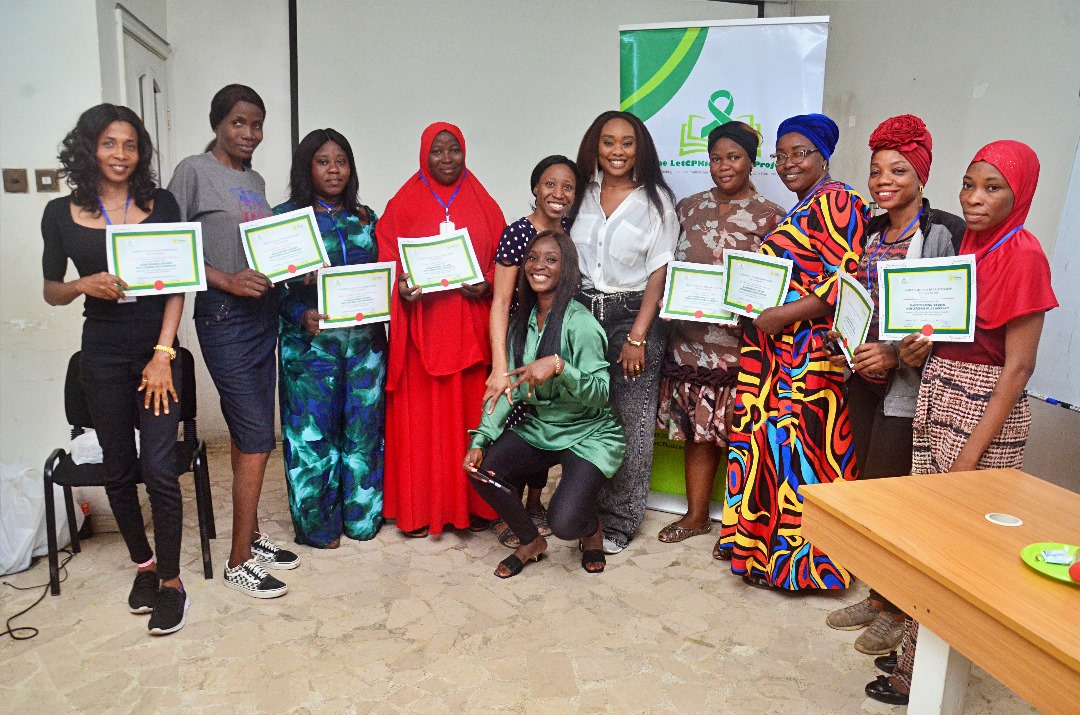
The goal of the training is not just to give information but to show the teachers how to do it. We have an inclusive lesson planning module and when we are done, we get the teachers saying “I feel like my teacher has left me behind because if they had taught me like this, my life would be better”. I laugh about it but it’s the truth. I know a teacher friend who said she feels her university needs to refund her money because she is just learning all this new stuff after she graduated from school.
There is another activity I teach them called individualized education planning because for children with cerebral palsy, it is required. They cannot stay on the same learning pace and plan as their peers even when in the same class. It’s a constant reminder for me that people cannot do better than what they know. We cannot keep blaming people if we don’t teach them and don’t provide superior knowledge.
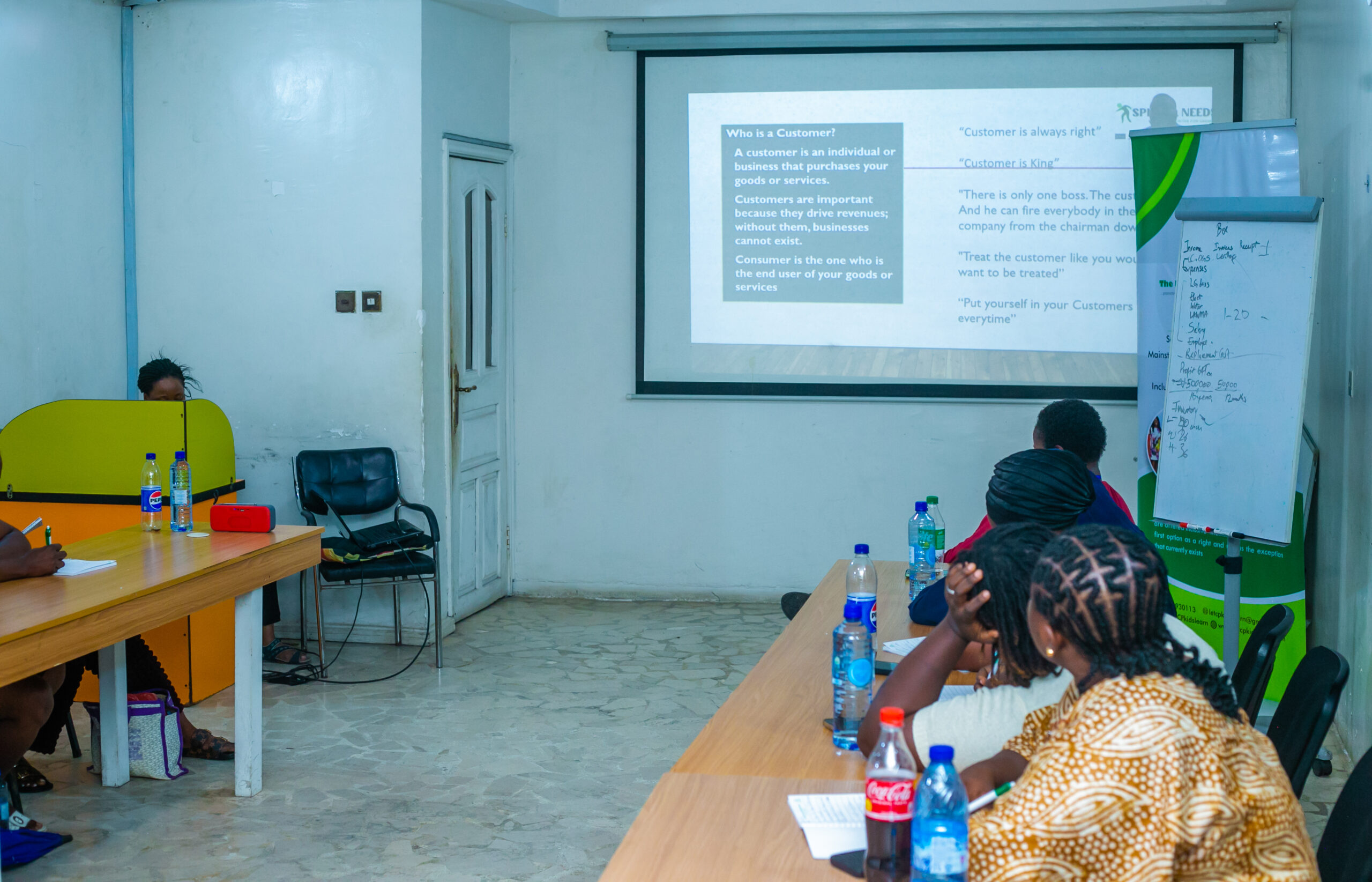
When I was younger, people would do silly things and treat me like trash because I was in a disabled body, I’d go home. And funny as it sounds, it didn’t make me feel bad, just angry. One day my dad sat me down and said people can only act or react based on what they know. Even I, who is your father, if I was not, I am not sure I would not do worse.
Everytime I do mentoring sessions for parents of CP kids and you have other parents there, they tell me these things you are teaching are not just for people with CP, all of us need it. I have a book on puberty for girls with CP. Being a girl with CP in this country in Nigeria is absolute madness. The book got into the hands of my friend’s daughter who is a typical teenager. She then goes, “what’s this gatekeeping?”. I respond, this book is not for you, why are you reading it. She replies, “all my classmates need this book. I don’t understand, why were we not told about all these things, girls are girls and periods are periods”. She was right.
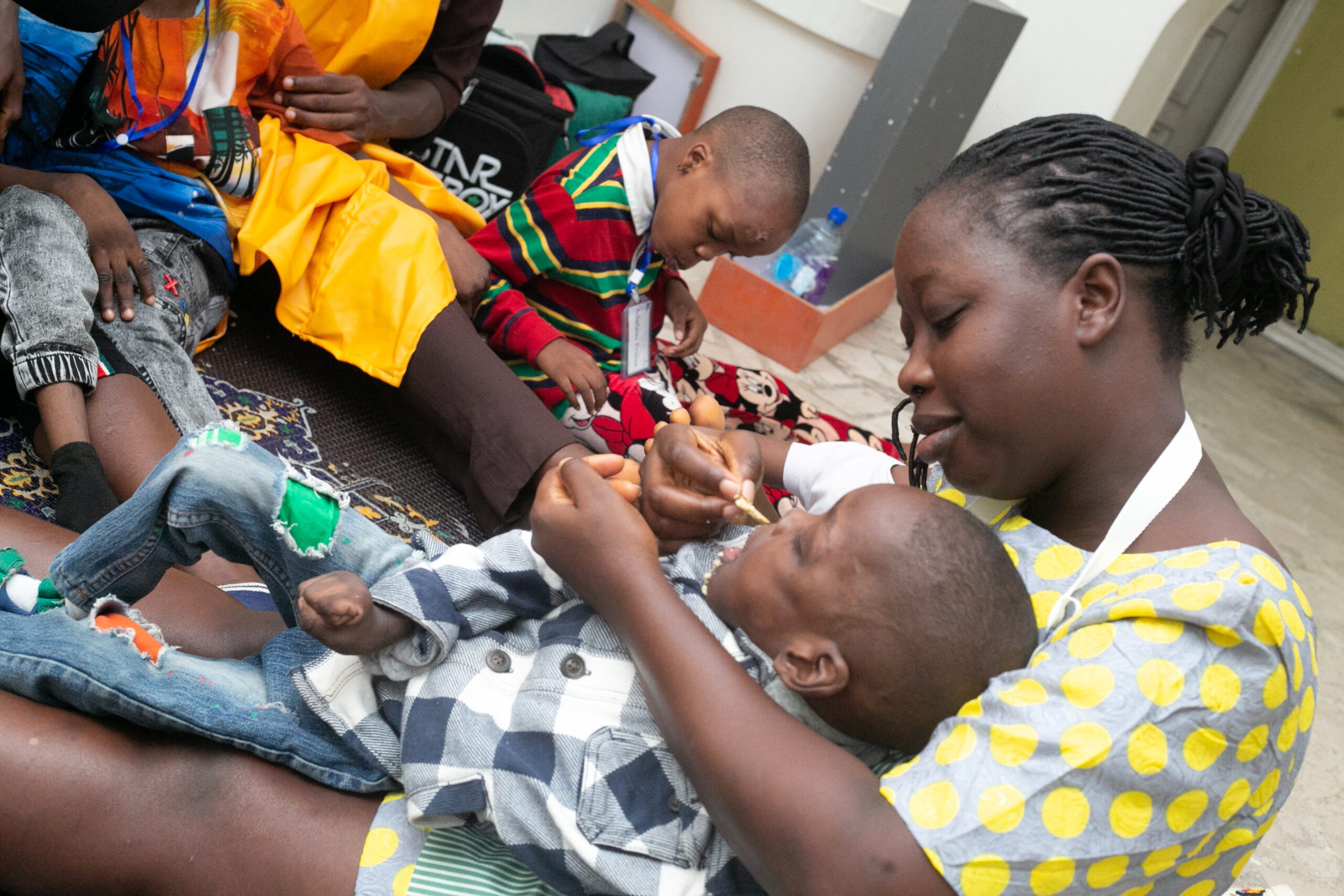
In all of this, I’m particularly grateful my dad got to see me bloom. I was in secondary school when my mom died. He was the sole parent for about 20 years. It became a thing that people would see him on the streets and ask “sir, are you Tobiloba’s dad” and he would proudly respond, “yes that would be me”. My father bet on me so much that he started to look stupid. People would say to him are you not doing too much and he kept saying it’s not your money, I didn’t borrow money from you.
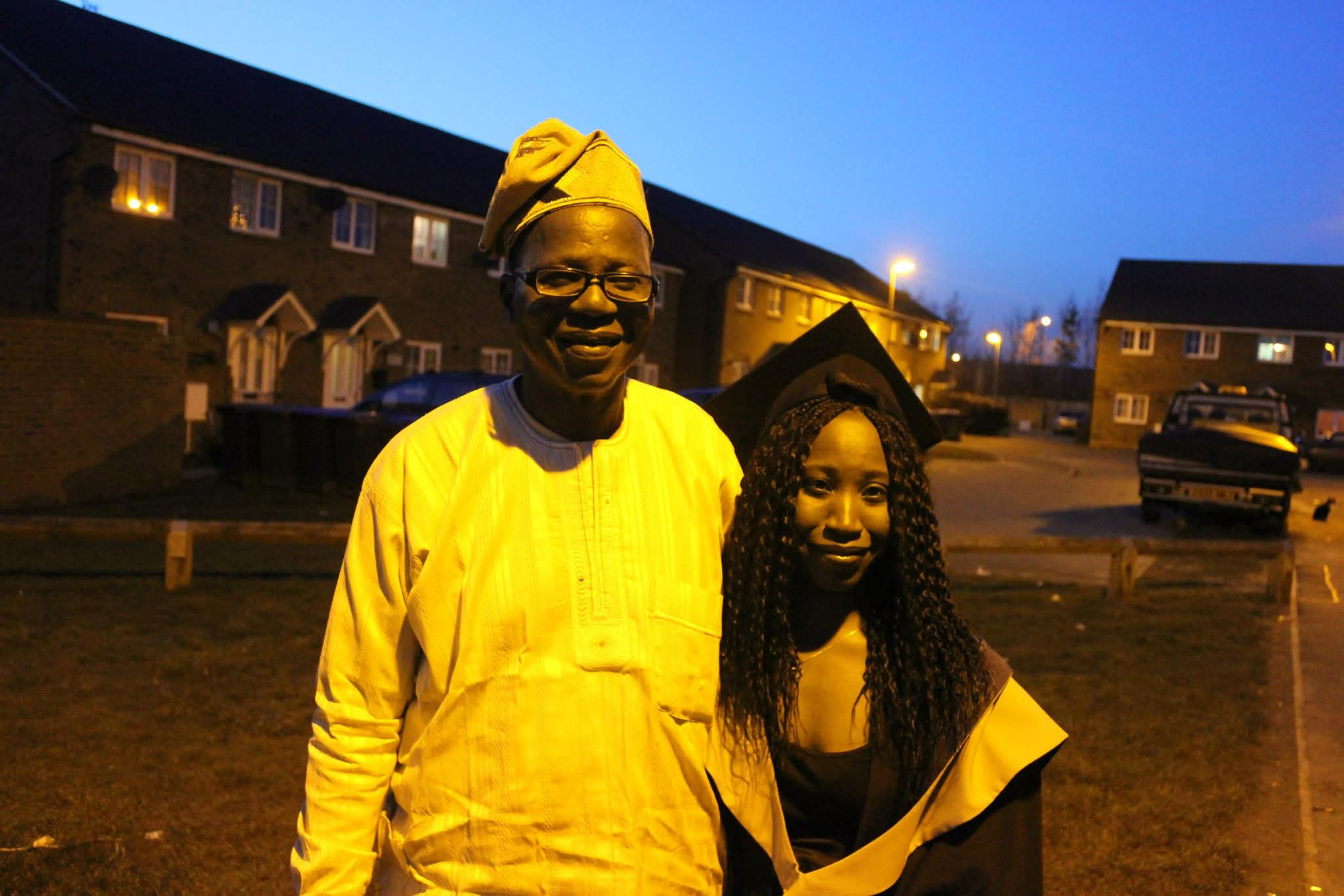
They were literally waiting to mock him but I am grateful I got to watch him receive the accolades. He started getting TV interviews when I was in my 20s. They wanted to know the man that raised a person like me. He did it without a roadmap and he did it successfully. Then I turned everything he did without a roadmap into a roadmap.
